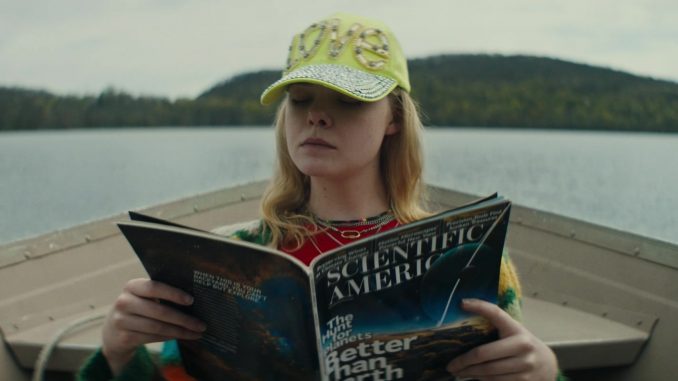
What would you do if you managed to survive the apocalypse? In the event that you were kind of safe, not worrying about your life on a daily basis, what would be your new routines? What would be your new life full of? And your new fears and desires? We might have seen a lot of movies (mostly with zombies) that picture a futuristic chaos and survival mode for any human still standing, combinations of road movies, with monsters and persecutions of all sorts, but maybe not that many which try to see it more from a psychologically close perspective.
We know that adaptation is the key for surviving in any situation. As creatures of habit, we might find ourselves involved in making the days more bearable by performing simple tasks, like getting food, taking care of our new home, cleaning… Life does not have to be exciting after all. And it does not have to feel bad, to be alone, does it? After so many heartbreaks, so many deceptions, be the last one of the human race… In I Think We’re Alone Now (2018), it actually seems quite a relief for our protagonist to finally do not have to socially interact. His new routines (like taking care of cleaning literally every house around and burying the bodies of all the dead people he finds) are mixed naturally with his old ones (taking care of the library, eating dinner with some wine by the sunset), with the lucky addition of not having the challenge to deal with people at all.
It wouldn’t seem to be that easy for everyone, though. The protagonist of La Nuit a dévoré le monde (2018) tries hard not to fall into craziness on his new entire block of apartments, where he takes refuge from a Paris still infested by zombies. Once he has secured somehow his existence, the sole fact of getting time going by seems to be quite challenging.
And in another level of overcoming death, Mads Mikkelsen has also adapted to the extreme life conditions after surviving from an accident in Arctic (2018). His daily organization, strictly paced by his alarm clock, is part of the requirements to stay alive in one of the less habitable places on earth. In his case the need of humans is evidently related to being rescued: a life left alone in the pole makes of course no sense, but it might actually be not as far as being left alone in Paris, or even having the hole America for yourself. Because what would you do with it, if you have no one to share it with? Food, music, books, thoughts… is there any point of having all this if there was no one left around? Our friend in Paris talks to his neighbor zombie; our asocial librarian realizes what it actually can be like, to share the moments of your life with someone, even if it’s someone very different than yourself. And our lost adventurer demonstrates the biggest solidarity when faced with having on his hands the life of another human being: he will do anything in order not to leave her alone. And maybe that’s today’s message: having the chance to relate to each other, to share this life, or to save another human being, might be thoughts that get lost in our busy daily lives, in the chaos of community, but they are clear when everything else disappears.




